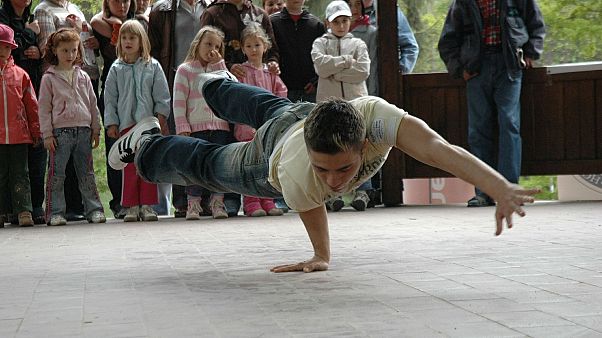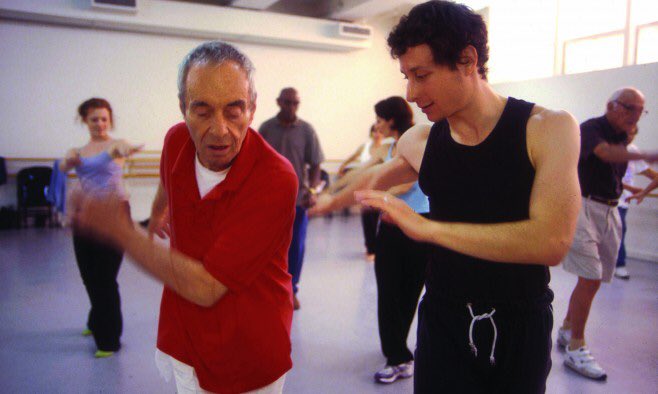reposted from
https://www.euronews.com/2019/11/11/arts-play-major-role-in-health-and-well-being-who-says-in-new-report
https://www.euronews.com/2019/11/11/arts-play-major-role-in-health-and-well-being-who-says-in-new-report
Arts play major role in health and well-being, WHO says in new report
Copyright
ionasnicolae/ Pixabay
Can we dance our way to better health and well-being? The answer is yes, according to a new study released this Monday by the UN's health body.
“Engaging with the arts can be beneficial for both mental and physical health,” the World Health Organisation (WHO) concluded after conducting “the most comprehensive review of evidence” on the subject to date.
The organisation's Regional office for Europe analysed over 900 global publications and 3,000 studies, with a view to informing public policies.
According to health experts, listening to music helps control blood glucose level, playing an instrument improves the immune system and stress management, while dancing provides benefits throughout the body and mind. Meanwhile, painting or sculpture can help tackle depression.
“The examples cited in this groundbreaking WHO report show ways in which the arts can tackle ‘wicked’ or complex health challenges such as diabetes, obesity and mental ill-health,” said Piroska Östlin, WHO Regional Director for Europe.
The publication will be launched this Monday 08:00 CET during an event in Helsinki, Finland. You can watch the launch event by clicking on the player below.
The report highlights how the arts play a crucial role in well-being from birth to end of life.
“Young children whose parents read to them before bed have longer night-time sleep and improved concentration at school,” WHO said.
Research also shows the benefits of theatre for adolescents or music for older people with dementia.
Arts can furthermore be a valuable resource in emergency situations and organisations such as Clowns Without Borders have developed expertise in this area.
The report says art therapy does not only produce good results but can also be more cost-efficient than standard biomedical treatments.
Arts intervention can furthermore be tailored to have relevance for people from different cultural backgrounds, WHO notes, thus offering “a route to engage minority or hard-to-reach groups.“
Case studies across Europe
The report provides various examples of organisations implementing arts-based approaches to health.
One of them is Arts on Prescription in the UK. Under the scheme, individuals who consult their GP with non-medical problems - such as social isolation - can be referred to a link worker.
“Link workers connect patients with community activities, including participatory arts activities. Local evaluations in different regions have shown benefits for mental health, chronic pain, management of complex and long-term conditions, social support and well-being,” the report found.
In Russia, Doctor Clown has been working in the past decade to improve the experiences of children in orphanages, hospices and hospitals.
Dance for PD offers an example of a Europe-wide network that designs dance classes for people with Parkinson, focusing on their specific symptoms such as balance, cognition, motor skill, mental health and physical confidence.
Policy implications
In light of the report's findings, WHO calls on governments and authorities to implement policies giving a greater role to arts in public health.
Key policy recommendations include, among others:
• ensuring that communities have access to arts-for-health programmes
• integrating arts into the training of health-care professionals;
• introducing or strengthening referral mechanisms from health professionals to arts programmes



No comments:
Post a Comment